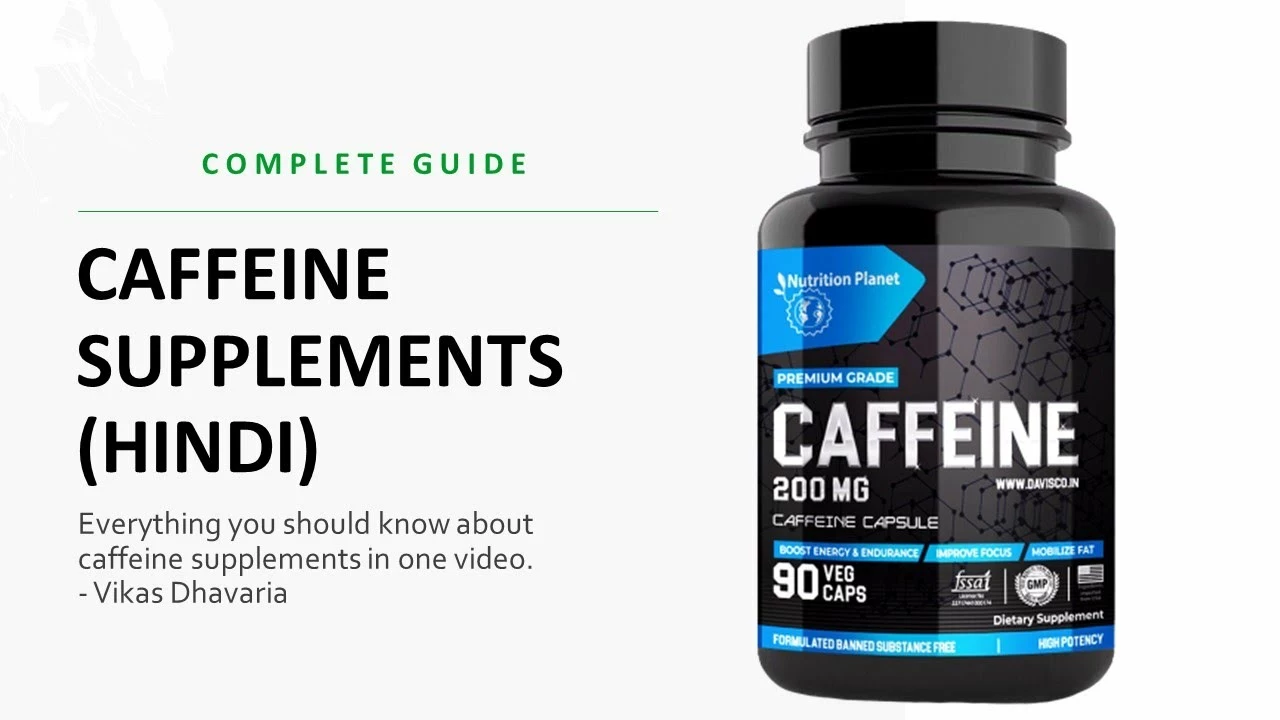Wahoo supplement: what it is and why people try it
Wahoo supplements come from a plant commonly called "wahoo" and are sold as capsules, tinctures, or powdered extracts. People reach for wahoo hoping for natural support with digestion, mild muscle aches, or general wellness. The research is limited, so treat claims with caution. This page helps you cut through the noise: what to expect, how to use it safely, and how to choose a quality product.
What the evidence says and common uses
There aren’t many large clinical trials on wahoo. Most information comes from traditional use and small studies. Some users report less stomach discomfort, calmer digestion, or fewer muscle cramps, but these are mostly anecdotal. If you’re trying wahoo, track how you feel for a few weeks and note any changes or side effects.
Wahoo is sometimes marketed for joint comfort or to support circulation, but don’t expect fast or guaranteed results. If you have a specific condition—like heart disease, diabetes, or an autoimmune issue—talk to your doctor before trying wahoo. It’s not a substitute for prescribed treatments.
Safety, dosing, and interactions
There’s no universally accepted dose for wahoo. Labels vary: tinctures will show drops per day, capsules list mg per serving. A cautious approach is to start at the lowest recommended dose on the label and use it for 1–2 weeks while you monitor for side effects.
Possible side effects reported by users include stomach upset, mild nausea, headache, or allergic reactions. Stop use and seek medical advice if you develop severe symptoms such as rash, swelling, difficulty breathing, or a fast heartbeat.
Interactions are possible. Herbal products can affect blood clotting, blood pressure, and how prescription drugs are processed. If you take blood thinners, blood pressure meds, or drugs with a narrow therapeutic window, check with your healthcare provider before trying wahoo.
Avoid wahoo if you are pregnant or breastfeeding unless a clinician advises otherwise. Children and people with serious chronic illnesses should also get medical clearance first.
Quality matters. Choose products from reputable brands that provide batch testing or third-party certificates. Look for clear ingredient lists and avoid blends with unclear "proprietary" mixes. If a product promises dramatic cures, treat that as a red flag.
If wahoo doesn’t help, consider alternatives with stronger evidence for pain or inflammation relief—like omega-3s, turmeric (curcumin), or willow bark—after discussing with your clinician. Keep a journal of symptoms, dose, and any other supplements you take to help your provider give practical advice.
Want links to studies or brand checks? Contact us on RexMD.SU and we’ll point you to the most reliable resources and safety checks for supplements on the market.

